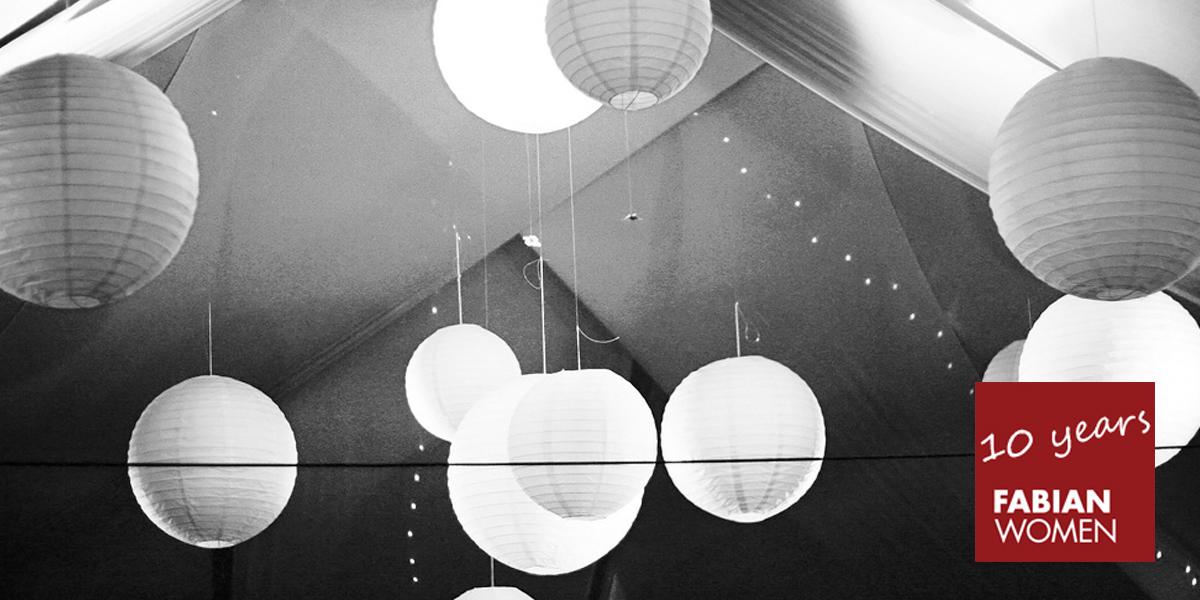10 Years of FWN: Women, power and the global backlash
Anyone who was under the illusion that we are living in a golden age for women should have found the past year a sobering experience. Around the world, women are under renewed attack, and we need to start thinking about...
Anyone who was under the illusion that we are living in a golden age for women should have found the past year a sobering experience. Around the world, women are under renewed attack, and we need to start thinking about this as a globalised phenomenon.
The plight of women in Saudi Arabia, the kidnap of schoolgirls in Northern Nigeria, and the fate of women across ISIS-controlled parts of the Middle East might tempt us to characterise recent attacks on women’s rights as a by-product of Islamic fundamentalism, disconnected from the broader course of feminist progress worldwide.
But something else is going on here. In places across the world where women have previously enjoyed more equality, worrying reversals appear to be under way. In orthodox cities in Israel, signs are springing up telling women what they are permitted to wear, and which buildings they are allowed to enter, while newspapers are literally erasing female leaders from their front pages. Women in the United States are suddenly fighting battles they thought they had won years ago, from state-sanctioned compulsory gynaecological examinations to university rape cover-ups. Across Africa, and increasingly in Europe, girls are fighting for the right not to be genitally mutilated, or to have their breasts ironed, with “FGM on the NHS” being apparently commonplace. Representatives of major political parties in the UK are telling women to breastfeed in private and clean behind fridges, while new anti-feminist parties are evolving. In Russia, the head of the Orthodox Church has recently claimed that women’s freedom will destroy Russia, while feminist activists are imprisoned without trial. Rape in India is increasingly reported as a matter of public humiliation at the hands of large gangs, with the tacit or even explicit consent of local authorities.
In every continent, women are once again fighting for the right to live as full and equal members of society, to access education, to control their bodies and live in physical safety.
“Regretfully, it was ever thus”, you might say. Isn’t this just a snapshot of the world that could have been taken at any time in the past 100 years? The answer is: yes and no.
What we are seeing is a full blown, widespread and politicised push-back on the feminist agenda. Three features mark out the latest wave of outrage as different from what has come before. The first is the extent to which gender-based segregation is being used to disempower and control women. Segregated consumer goods and public services are increasingly presented as a way to protect women, or cater to their demands; control masquerading as choice. This can be as seemingly benign as the pinkification of products targeted at girls in the west, to creeping gender segregation in British educational establishments, all the way through to the full-blown gender apartheid currently operating in Saudi Arabia.
The second is the use of ‘invented tradition’ as a way to legitimise and authorise modern sexism. This is most often manifesting itself through new or stricter interpretations of religious code, but the spread of practises such as breast ironing shows that new cultural practises are also being presented as ‘traditional’ in some cases. The third is the extent to which the state, state-like actors, and religious authorities are implicated in sponsoring these new forms of oppression.
The politicisation of misogyny may be manifesting itself in different ways across different continents, but has its roots in the same instinct: fear of women’s power, and a desire to take that power away. And it may also come from the same fear of change, cultural globalisation, and economic vulnerability that is causing other disadvantaged groups – like immigrants or the poor – to bear the brunt of these troubled times.
As the Fabian Women’s Network – a leading British feminist organisation – celebrates its 10 Year Anniversary next week, Seema Malhotra MP, Shadow Minister for Preventing Violence Against Women and Girls, is expected to take ‘Women and Power’ as the central theme of her speech.
As power is increasingly turned against women around the world, a serious discussion of how to give women more of it can’t come soon enough.
The Fabian Women’s Network celebrate their tenth anniversary on Tuesday, 10 February 2015 from 18:00 to 20:30 at Royal Society of Chemistry, London W1J 0BA. For more information click here
Claire Leigh is Labour Parliamentary Candidate for Tonbridge and Malling and Treasurer of the Fabian Women’s Network

